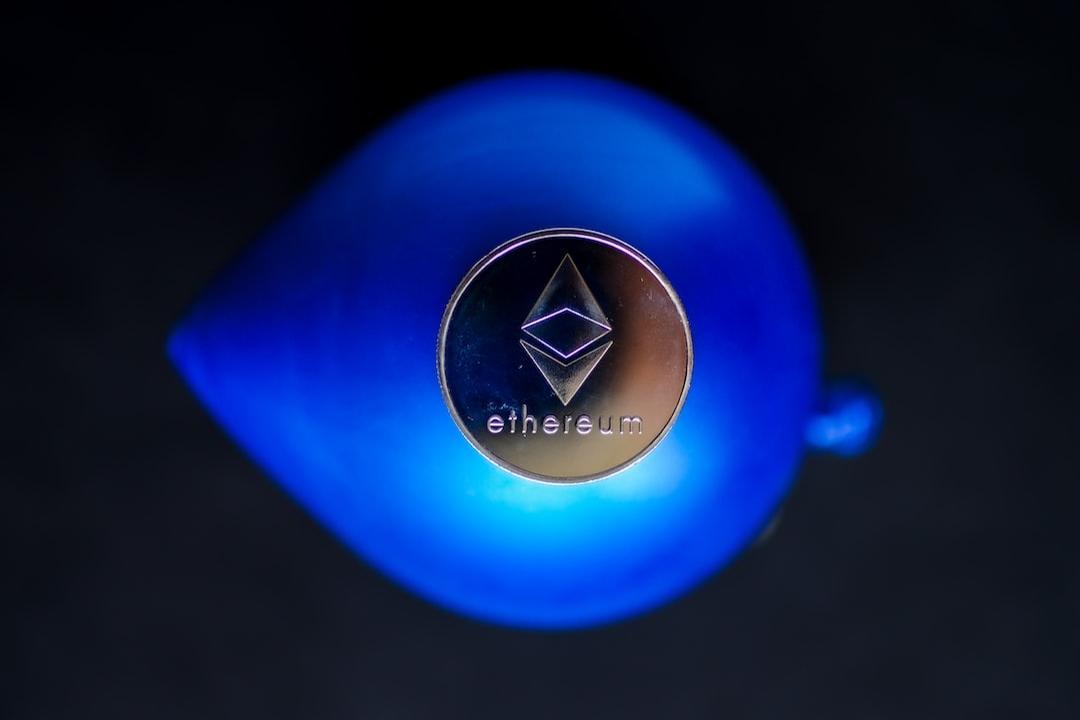The Indian government continues to crackdown on overseas cryptocurrency exchanges. After accusing several foreign exchanges of illegal operations last month, including Binance, Kraken, Gate.io, and Kucoin, their apps have now been removed from the Indian Apple App Store.
The Financial Intelligence Unit (FIU) of India issued a notice at the end of last month, announcing that it had sent compliance statements to nine overseas exchanges, including Binance, Kucoin, Huobi, Kraken, Gate.io, Bittrex, Bitstamp, MEXC Global, and Bitfinex. These exchanges were accused of non-compliance with India’s anti-money laundering regulations and engaging in illegal operations in India. The FIU also wrote to the Ministry of Electronics and Information Technology, requesting the blocking of these nine exchanges.
Less than two weeks later, according to TechCrunch, the apps of eight exchanges, including Binance, Kucoin, Huobi, Kraken, Gate.io, Bittrex, Bitstamp, and MEXC Global, have been removed from the Indian Apple App Store. Only Bitstamp is still operational on the Indian App Store. However, the OKX app, which was not mentioned by Indian authorities last month, has also been removed.
However, these exchanges’ apps are still available on the Indian Google Play Store, and their official websites can still be accessed in India. Users who have installed the relevant apps on their phones can continue to access them.
Previously, the US-listed cryptocurrency exchange Coinbase had stopped soliciting new customers in India last year. Coinbase CEO Brian Armstrong had stated in 2022 that Coinbase had to temporarily suspend its services in India due to “informal pressure” from the Reserve Bank of India.
Indian traders are turning to overseas platforms to avoid taxes. Many Indian traders have recently turned to overseas cryptocurrency exchanges, apparently to evade taxes. Since 2022, the Indian government has started imposing a 30% capital gains tax on cryptocurrency transactions. It also requires a 1% tax deduction at source (TDS) and a gift tax for cryptocurrency transactions. TDS requires operators or service providers to deduct the tax amount in advance during transactions and then pay it to the government on behalf of the users. In addition, this tax policy prohibits users from deducting losses, treating cryptocurrencies differently from investment products such as stocks and bonds.
Indian local cryptocurrency exchanges, such as CoinSwitch Kuber backed by a16z, CoinDCX backed by B Capital, and WazirX, which has partnered with Binance, have continuously required strict Know Your Customer (KYC) compliance for new users. However, many overseas platforms do not have this requirement, leading to a drastic drop of 97% in trading volume for WazirX within 2 years, with many users turning to overseas platforms.
CoinDCX and CoinSwitch Kuber have warned the Indian government that its new cryptocurrency tax policy will cause many users to turn to decentralized exchanges or seek non-compliant services. In order to attract new users, CoinDCX announced on Tuesday that it will provide rewards for customers who transfer cryptocurrencies from global exchanges to its platform.


